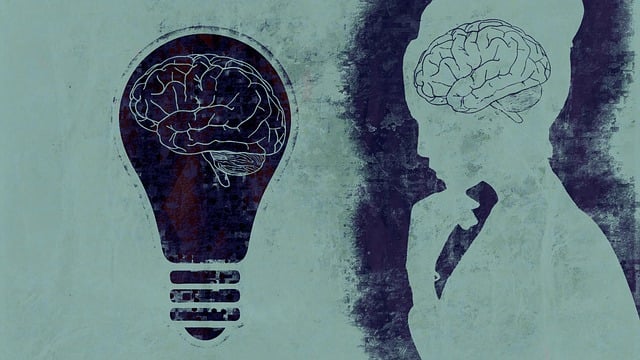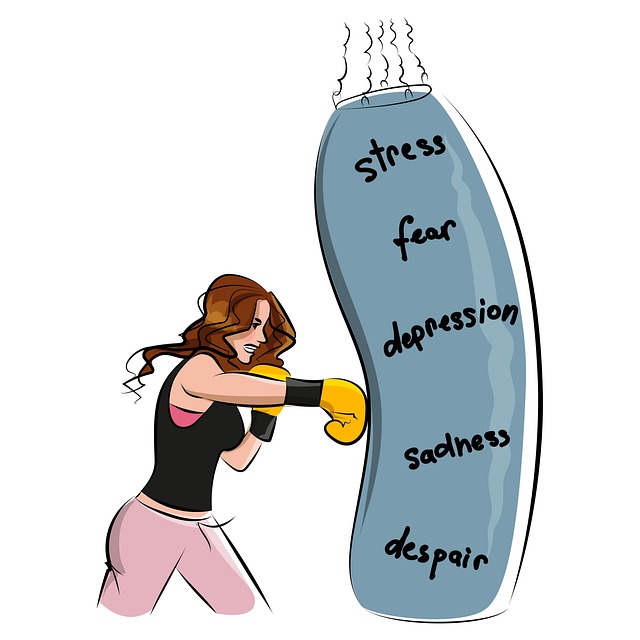Substance abuse is a complex issue driven by genetics, environment, and mental health. Littleton Cognitive Processing Therapy (LCPT) offers a holistic approach by targeting negative thought patterns, stress triggers, and past traumas, promoting self-control and resilience. Behavioral interventions, education, mindfulness practices, and structured environments are key to prevention and recovery, with LCPT as an effective solution for breaking the addiction cycle. Building support systems and integrating various coping strategies are crucial for long-term mental wellness.
In the realm of substance abuse prevention, understanding risk factors is paramount. This article delves into comprehensive strategies to mitigate these risks, focusing on evidence-based approaches that foster long-term recovery. We explore key aspects such as identifying causes and risks, implementing effective therapies like Littleton Cognitive Processing Therapy (LCPT), and leveraging behavioral interventions, environmental adjustments, and robust support systems. By examining these multifaceted techniques, individuals and communities can better navigate the path to a healthier future.
- Understanding Substance Abuse: Causes and Risks
- Littleton Cognitive Processing Therapy (LCPT): A Comprehensive Approach to Risk Reduction
- Behavioral Interventions: Strategies for Long-Term Recovery
- Environmental Factors and Their Role in Relapse Prevention
- Support Systems and Community Resources for Effective Risk Management
Understanding Substance Abuse: Causes and Risks

Substance abuse is a complex issue stemming from a combination of genetic predisposition, environmental factors, and mental health conditions. It often begins as a way to cope with underlying problems or as a result of peer pressure, eventually leading to dependency and severe health risks. The causes vary widely, from stress and burnout (Burnout Prevention Strategies for Healthcare Providers) to a lack of social support and poor coping mechanisms.
Littleton Cognitive Processing Therapy (LCPT), for instance, is a therapeutic approach that focuses on identifying and changing negative thought patterns associated with substance abuse. By addressing the root causes and teaching alternative coping strategies like Social Skills Training and Mind Over Matter principles, LCPT can help individuals break free from the cycle of addiction. Understanding these risks and causes is crucial in developing effective risk reduction strategies.
Littleton Cognitive Processing Therapy (LCPT): A Comprehensive Approach to Risk Reduction

Littleton Cognitive Processing Therapy (LCPT) offers a comprehensive approach to risk reduction for substance abuse by addressing underlying cognitive distortions and traumatic experiences that contribute to addictive behaviors. This therapy focuses on helping individuals identify and modify negative thought patterns, leading to healthier decision-making processes. LCPT incorporates evidence-based techniques, such as cognitive restructuring, mindfulness practices, and exposure therapy, tailored to each client’s unique needs.
Through LCPT, clients learn effective coping strategies for managing stress and triggers, which are often exacerbating factors in substance abuse. The therapy also provides trauma support services, acknowledging that many individuals struggling with addiction have experienced past traumas. By integrating these experiences into the healing process, LCPT empowers clients to build resilience and foster a sense of control over their lives, thereby significantly reducing the risk of relapse.
Behavioral Interventions: Strategies for Long-Term Recovery

Behavioral interventions play a crucial role in long-term recovery from substance abuse. One evidence-based approach that has shown significant promise is Littleton Cognitive Processing Therapy (LCPT). This therapy focuses on identifying and modifying negative thought patterns and behaviors that contribute to drug use, helping individuals develop healthier coping mechanisms. LCPT encourages active participation, where clients learn to challenge their thoughts and emotions, fostering a more positive outlook and self-control.
Complementing LCPT, Mental Health Education Programs Design can empower individuals with knowledge about addiction, its causes, and available treatment options. By promoting understanding and reducing stigma, these programs encourage early intervention and ongoing support. Additionally, practices like Positive Thinking and Mindfulness Meditation can strengthen resilience by improving emotional regulation and stress management, making it easier for individuals to avoid relapse and maintain long-term recovery.
Environmental Factors and Their Role in Relapse Prevention

Environmental factors play a significant role in substance abuse relapse prevention. The therapeutic environment, especially during recovery, should be carefully curated to support and reinforce positive behavior change. For instance, a structured and supportive living or treatment setting can help individuals navigate triggers and develop coping mechanisms. Incorporating evidence-based therapies like Littleton Cognitive Processing Therapy (LCPT) is crucial in this context. LCPT aids clients in identifying and modifying maladaptive thought patterns, which are often at the root of relapse. By addressing these environmental influences through therapy, mental health professionals can enhance long-term recovery outcomes.
For healthcare providers, understanding the importance of environmental factors necessitates ongoing training in risk assessment for mental health professionals. This includes recognizing and managing stress, a key trigger for substance abuse relapses. Additionally, cultural competency training is vital to ensure that therapeutic environments are inclusive and sensitive to diverse client backgrounds. By integrating these practices, mental health professionals can create conducive settings that not only prevent relapse but also foster holistic healing.
Support Systems and Community Resources for Effective Risk Management

Building strong support systems is a cornerstone of effective risk management for substance abuse. Family, friends, and community resources play a pivotal role in helping individuals navigate their recovery journey. In many cases, structured programs like Littleton Cognitive Processing Therapy (LCPT) can facilitate this process by teaching participants to reframe negative thought patterns and improve decision-making skills. This, in turn, strengthens their resilience against relapse triggers.
Community-based initiatives, such as support groups and mental health awareness campaigns, further enrich these systems. They foster a sense of belonging and provide platforms for sharing experiences and strategies. Moreover, integrating stress management techniques through Mental Wellness Podcast Series Production can offer additional coping mechanisms. By combining these resources, individuals struggling with substance abuse gain a multifaceted network that supports both their immediate needs and long-term mental wellness.
In conclusion, addressing substance abuse requires a multifaceted approach that combines understanding the root causes, implementing evidence-based therapies like Littleton Cognitive Processing Therapy (LCPT), and leveraging behavioral interventions, environmental modifications, and robust support systems. By integrating these risk reduction strategies, individuals can navigate their recovery journeys more effectively, fostering long-term sobriety and improved quality of life.














